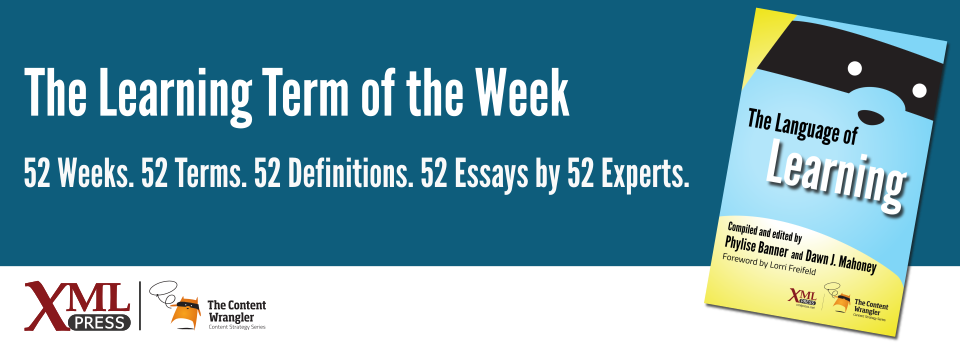What is it?
Using traits of games (e.g., rules, goals, effort, rewards, competition, etc.) to immerse learners in engaging and risk-free settings that allow and encourage learning by experimentation. Game-based learning presents learning content in a game format, in contrast with gamification, which applies gaming principles to more traditional learning methods.
Why is it important?
Game-based learning processes are dynamic and personalized. Properly implemented, game-based learning that uses emotions, cooperation, or competition has the potential to engage busy and easily distracted learners.
Why does a business professional need to know this?
The steady growth of the game industry demonstrates that the level of engagement triggered by games is in high demand worldwide. Well-designed games immerse people in an experience where time passes by without notice. In this state, learners are engaged, which improves the efficacy of learning.
Gamification applies gaming principles to traditional learning methods to engage and motivate the learners to learn and retain the learning.
Game-based learning presents learning content in a game format. Learners engage with the learning content while playing a game.
The deep concentration and motivation that game-based learning can provide following benefits:
- Supports progressive learning
- Helps personalize the learning experience
- Helps learners evaluate from various perspectives (sometimes even in an unconscious way)
- May increase memory capacity by helping trainees remember more and in a deeper way
- May help improve more complex skills, like decision making, strategic thinking, etc.
- Promotes teamwork and collaboration
- Helps improve the ability to cope in a highly competing and demanding environment
- May help improve hand-eye coordination
- May reduce stress levels by creating a safe environment for learning about failure
The organization also benefits in the following ways:
- Cost optimization: digital games can be used anywhere, anytime—just for fun, too
- Employer branding: the fun factor positively influences perception
- Effectiveness: games can make it easier to tie learning goals to the business environment and the company’s organizational goals
- Efficiency: optimization of costs through personalized delivery
References
- (Schell 2019) The Art of Game Design: A Book of Lenses: Schell, Jesse. (August 2019). A K Peters/CRC Press. 3rd edition. ISBN: 978-1138632059. Great book about designing games with a lot of examples.
- (Kapp 2012) The Gamification of Learning and Instruction: Game-based Methods and Strategies for Training and Education: Kapp, Karl M. (2012). Wiley. ISBN: 978-1-118-09634-5. Not only about games in learning but also about gamification of learning processes.
- (Priebatsch 2010) The Game Layer on Top of the World : Priebatsch, Seth. TEDx Boston 2010.
- (Silverman 2011) Latest Game Theory: Mixing Work and Play : Silverman, Rachel Emma. Wall Street Journal (Oct. 10, 2011). Requires Wall Street Journal subscription.
- (Zichermann 2011) How Games Make Kids Smarter : Zichermann, Gabe. TEDxKids@Brussels. (June 2011).
- (McGonigal 2010) Gaming Can Make a Better World: McGonigal, Jane. TED2010. (Feb. 2010).
- (Kennedy 2019) Progressive Education: How Children Learn: Kennedy, Robert. (2019). ThoughtCo. A description of progressive learning.

